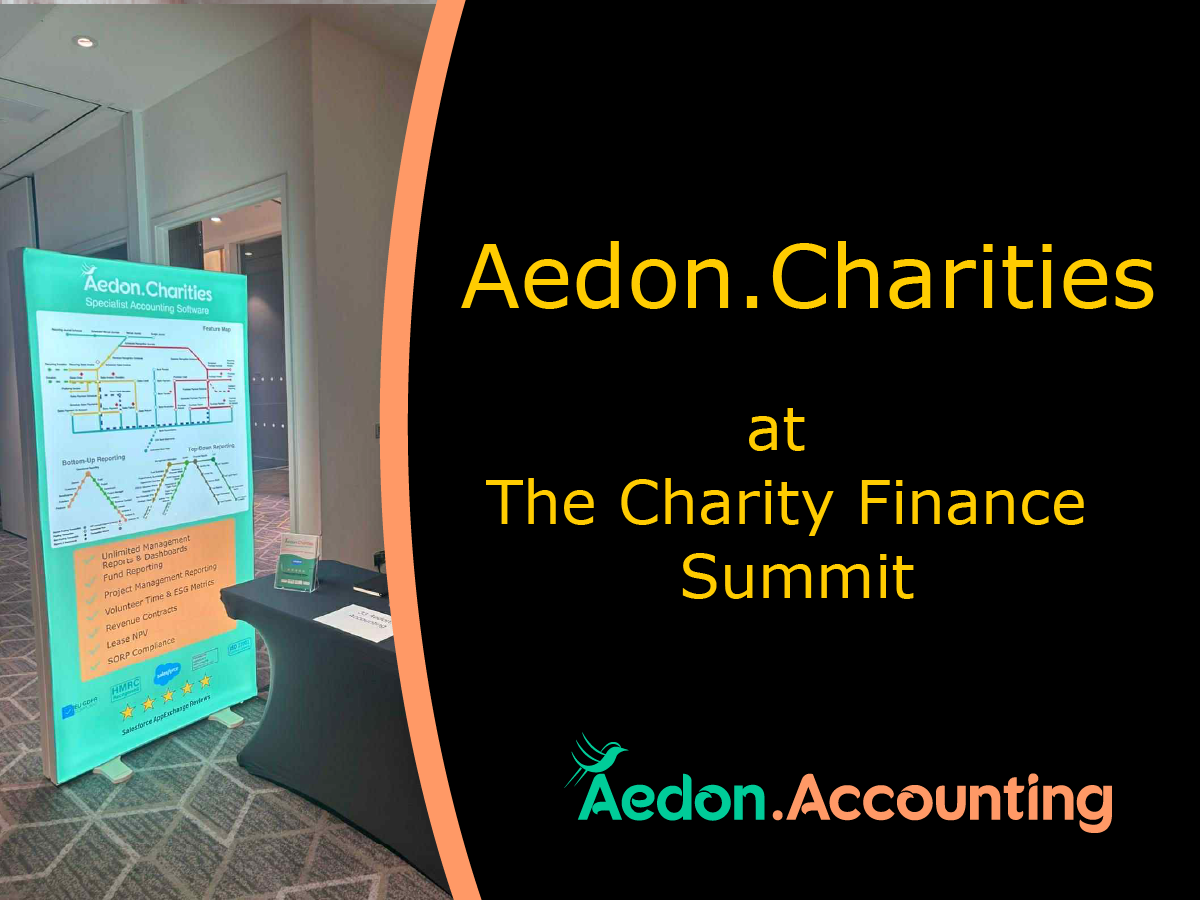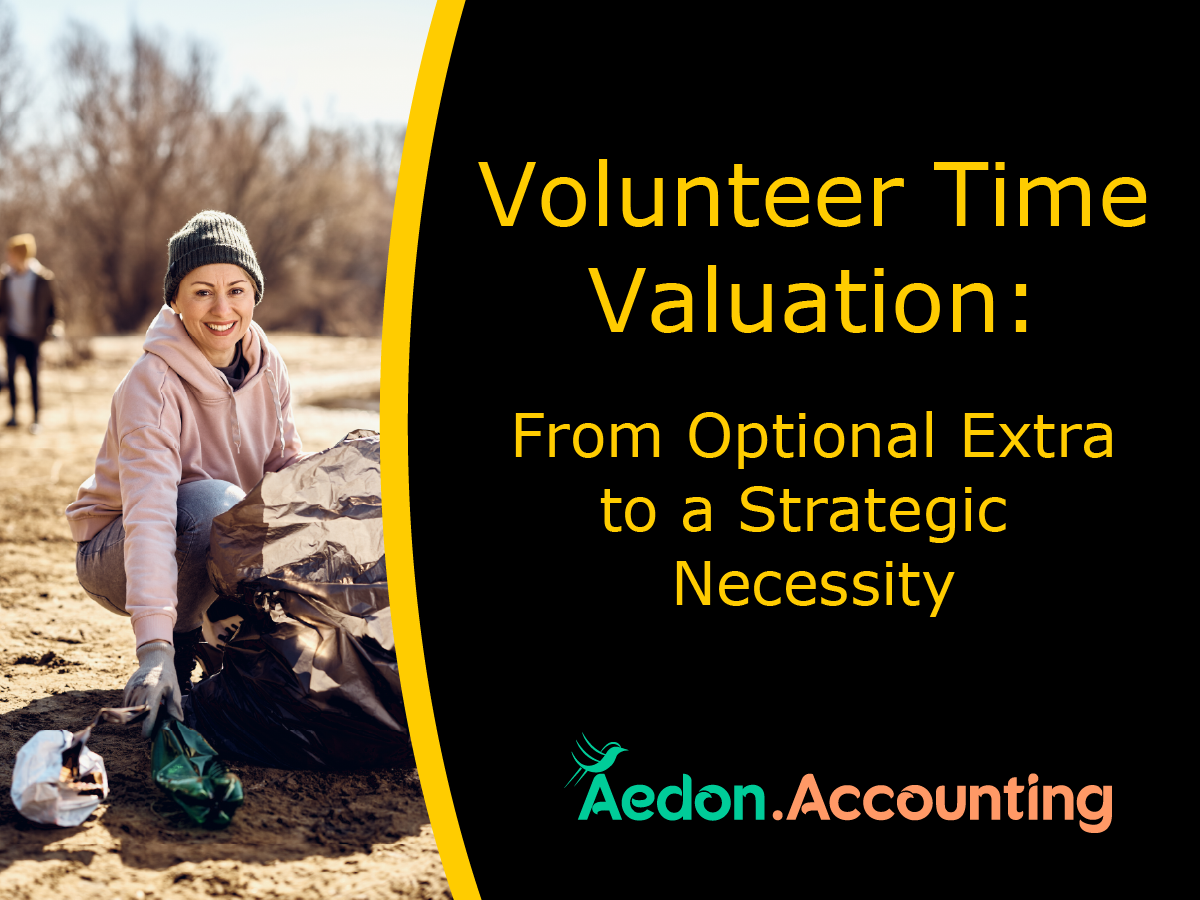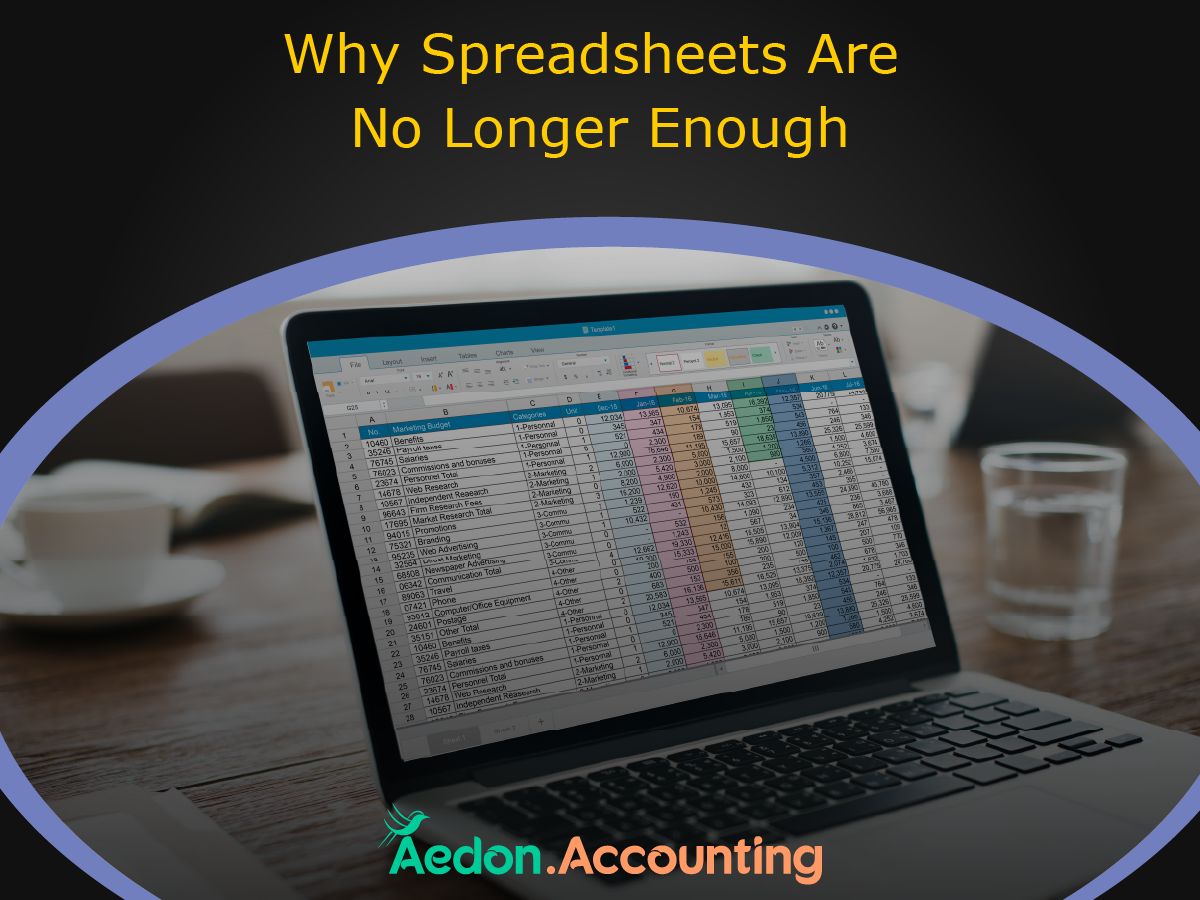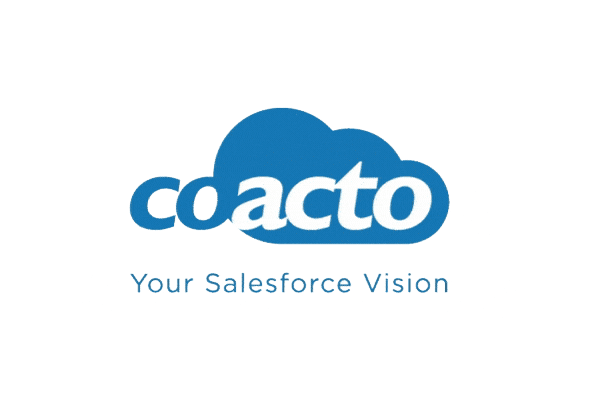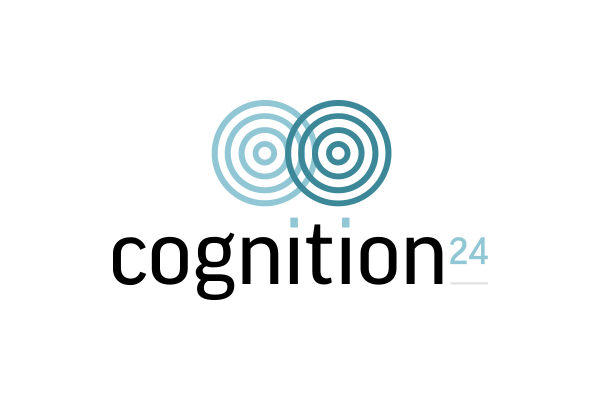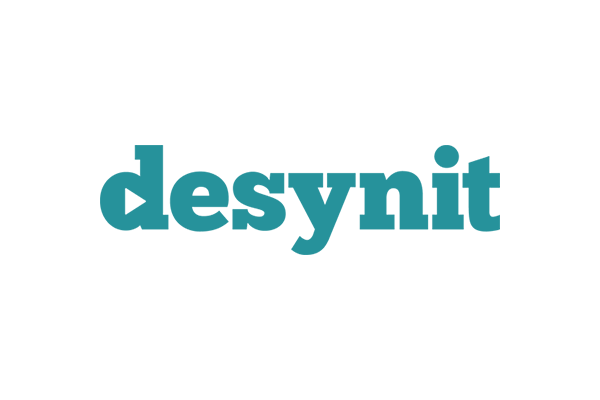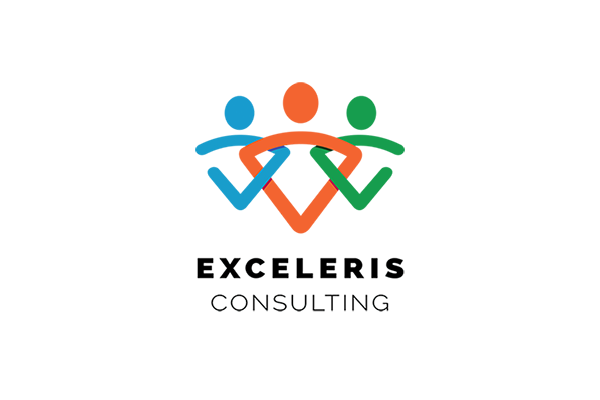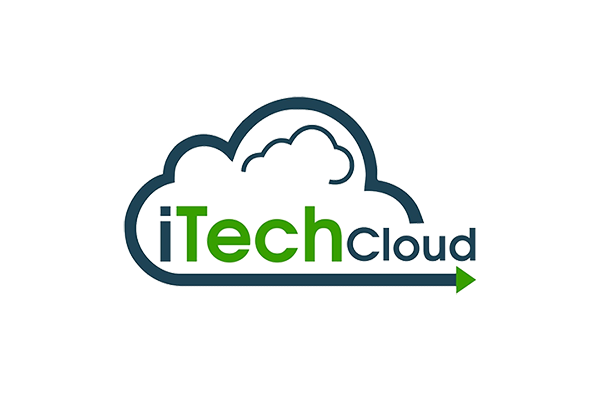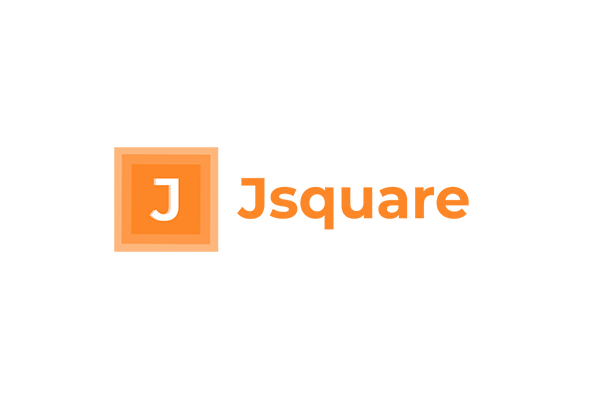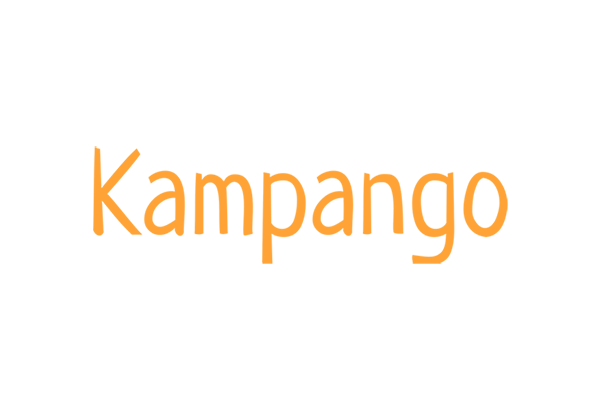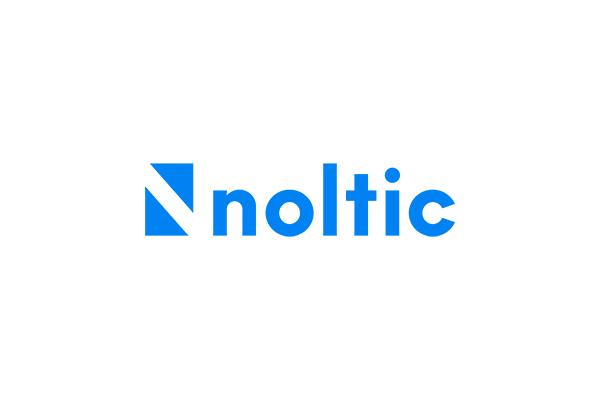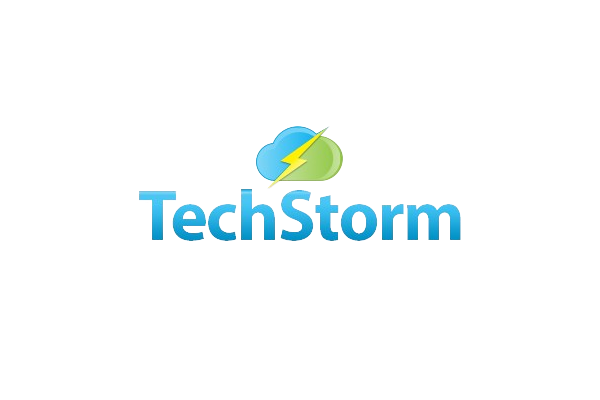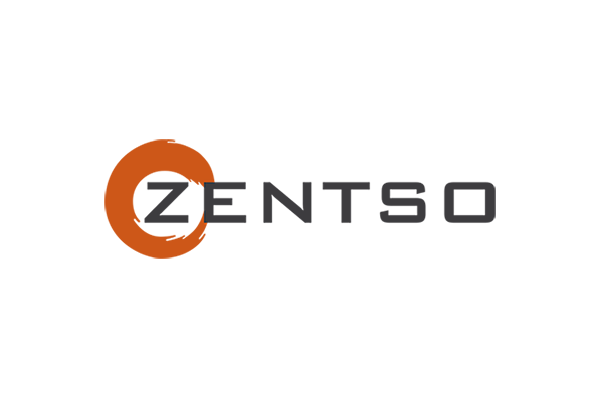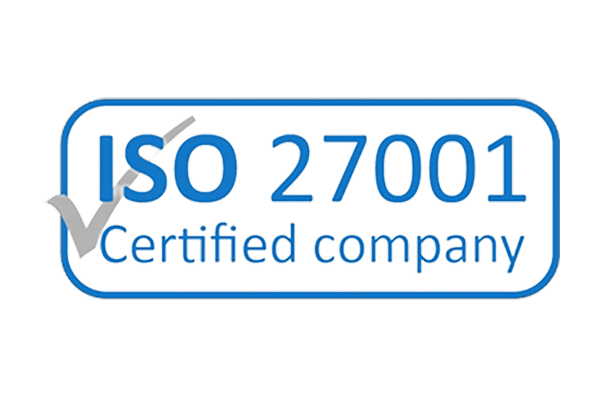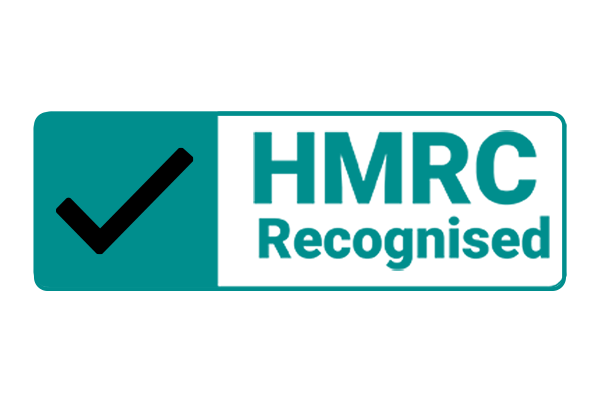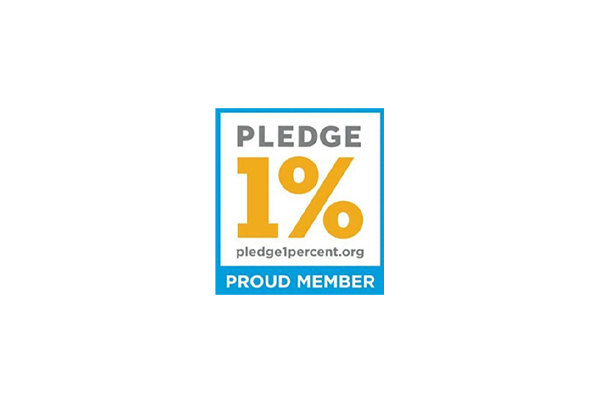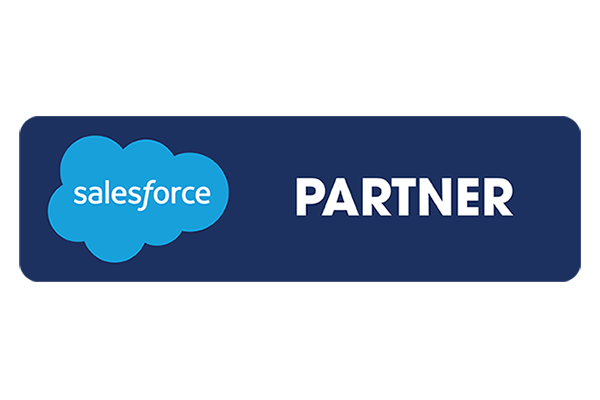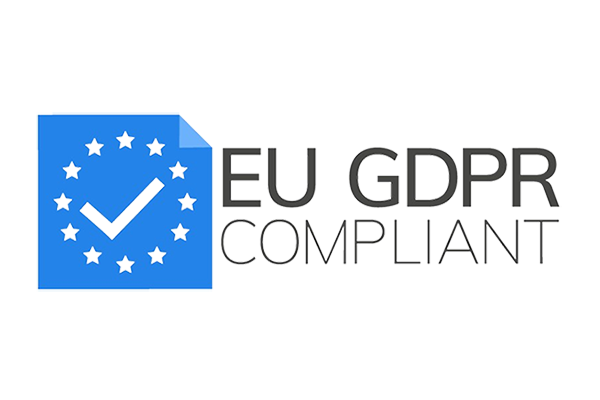Navigating the New Era of Charity Reporting: The 2026 Draft SORP
Published:14 October 2025
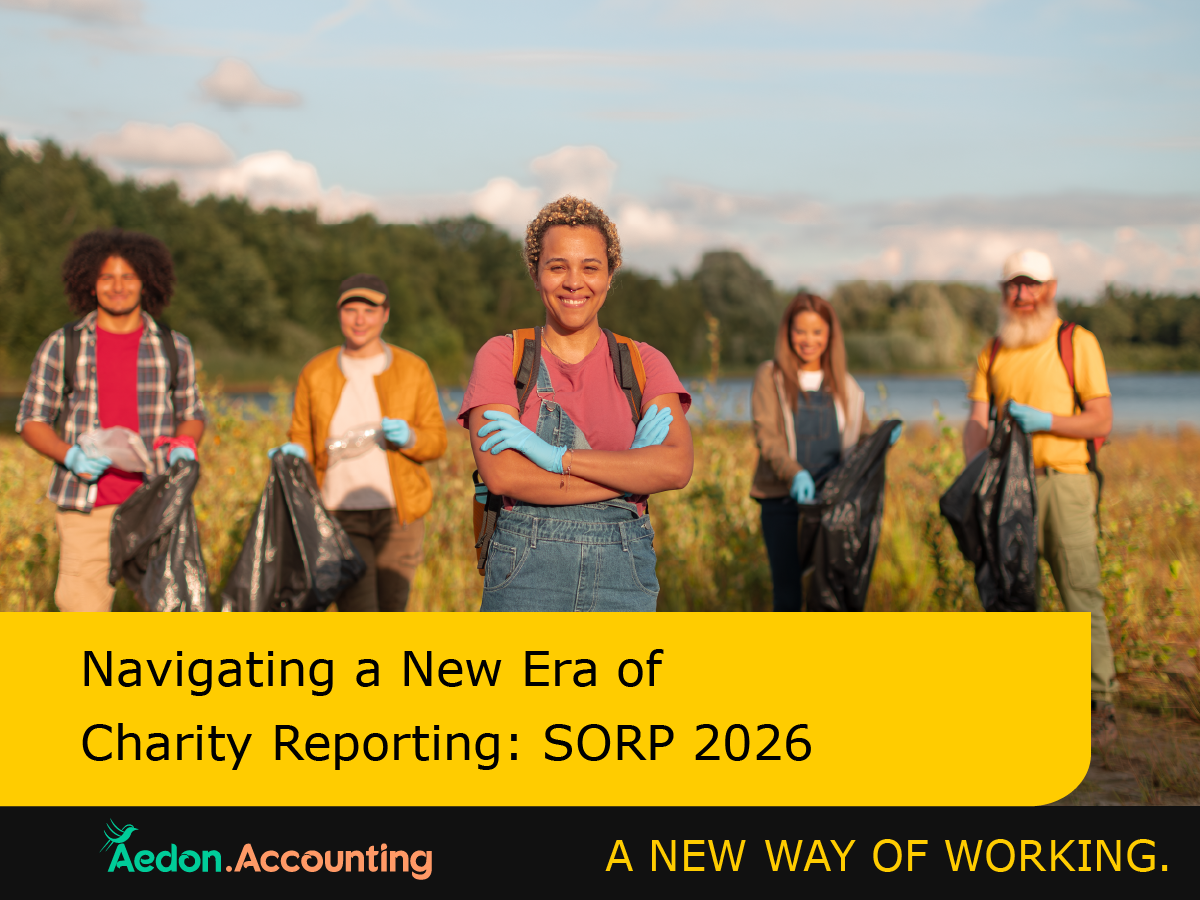
From 1 January 2026, the new charity Statement of Recommended Practice (SORP) will come into effect for financial periods beginning on or after that date. The changes are extensive and will affect how charities record, classify and report their financial activity.
For finance teams and trustees, this isn’t simply about compliance – it’s about credibility. The SORP sets the framework for transparent reporting, and the systems you use will determine how effectively you can meet those requirements. If your finance software isn’t ready, you’ll feel the impact quickly.
At Aedon.Accounting, we’ve been following the evolution of the new SORP closely, contributing to discussions and developing tools that help charities stay ahead of change. That’s why we created Aedon.Charities – a finance system designed specifically for the charity sector. Built years ago to handle the complexities of charity accounting, it already meets the requirements of the 2026 SORP.
If you’re reviewing your system ahead of the changes, here are the seven things your finance software must be able to do.
1. Provide a SORP-compliant Chart of Accounts
A generic chart of accounts won’t meet the requirements of the new charity SORP. Your system must allow a properly structured, SORP-compliant chart of accounts that reflects charitable activities, income sources and expenditure categories clearly and accurately.
2. Clearly separate Donors from Customers, and Beneficiaries from Suppliers
Charities have multiple stakeholders. Your system should distinguish between those who give and those who receive, ensuring financial relationships are transparent and properly categorised.
3. Generate the Statement of Financial Activities (SoFA)
The SoFA is central to charity reporting. Your software should be able to produce this in both natural classification and activity-based formats, ensuring full compliance and flexibility for trustees, auditors and regulators.
4. Produce a SORP-compliant Balance Sheet and Trial Balance
Presentation and consistency matter. Aedon.Charities produces these statements automatically in the correct SORP format, ready for review and submission.
5. Record every transaction against Funds and Activities or Projects
Charities must demonstrate exactly where their income and expenditure sit. Every transaction should be linked to a fund and an activity or project – not buried in a general ledger. This level of granularity provides clarity and auditability across the organisation.
6. Capture Volunteer Hours and ESG Metrics
Non-financial reporting is now an integral part of governance. Your system should help you record volunteer time and track environmental, social and governance (ESG) metrics that show the wider impact of your charity’s work.
7. Use Analysis Codes to track revenue contracts and leases
Revenue recognition and lease accounting are becoming more sophisticated under the new SORP. Your system must be able to assign analysis codes to contracts and leases so that progress, stages, and valuations can be tracked accurately and automatically.
Why it matters
The key to SORP compliance lies in capturing and classifying information correctly at the point of entry. Every transaction must be recorded against a nominal code, fund and activity – and your finance software must make this easy, consistent and auditable.
Spreadsheets can’t do this reliably. Disconnected systems create duplication, manual reconciliation and reporting errors. In contrast, a purpose-built system like Aedon.Charities provides a single source of truth, dashboards that are always up to date, and the control that trustees need.
All of this is covered by Aedon.Charities.
How much of this is standard in ordinary accounting packages? Check your own.

